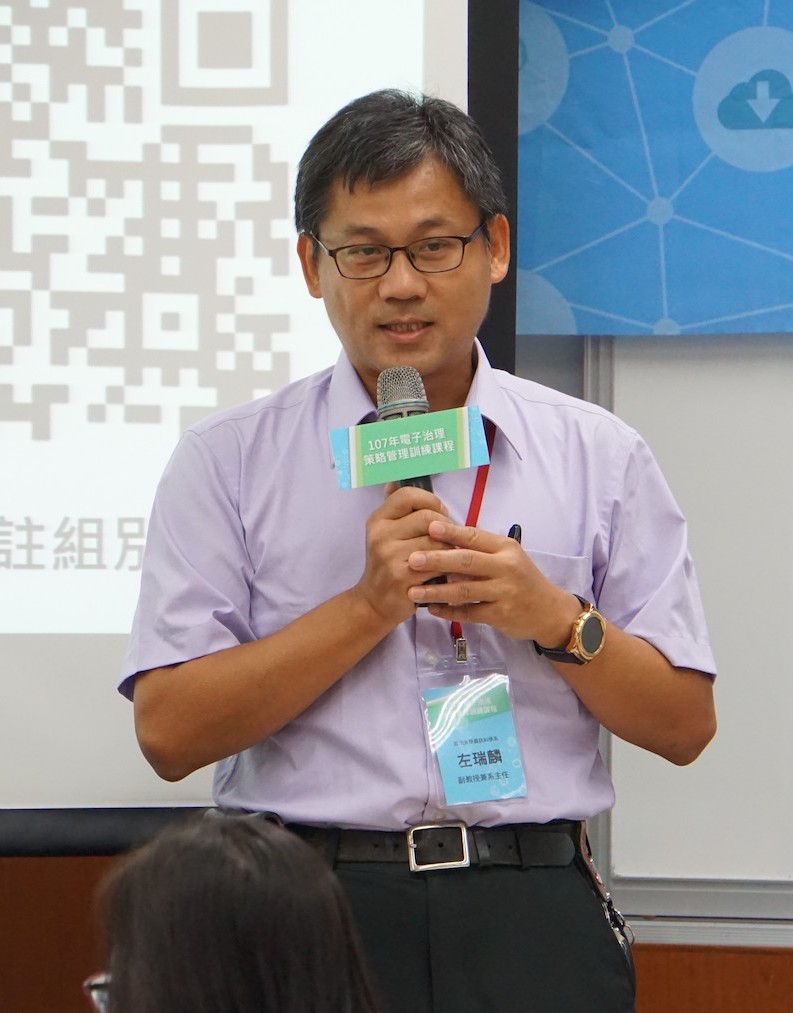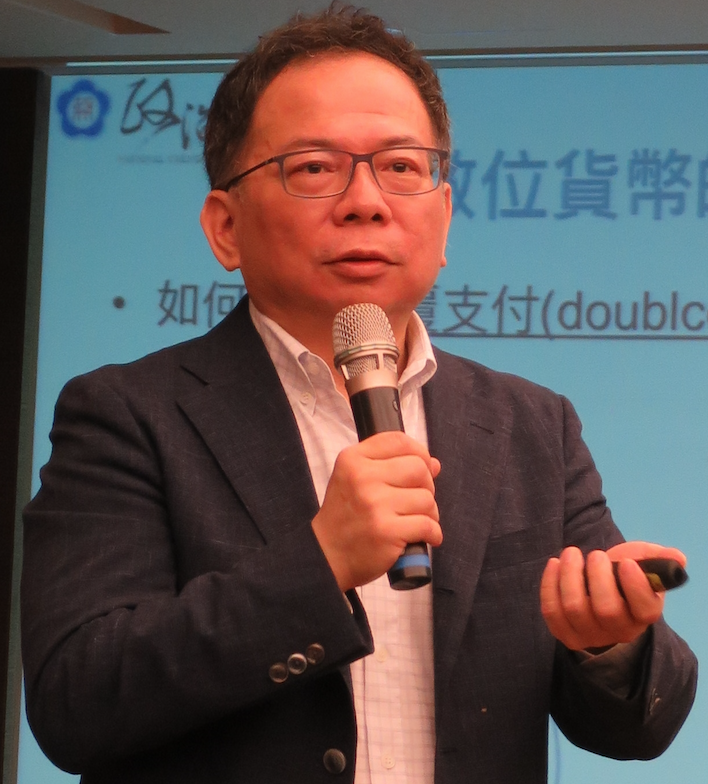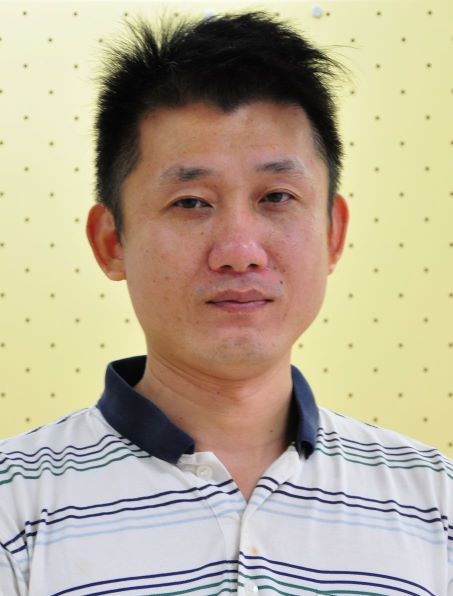:::-People
Department of Computer Science, National Chengchi University
Director/University/Institute
Department of Computer Science, National Chengchi University
Research Project
Practical Deployment and International Collaboration of Advanced Financial Cybersecurity Technologies
Abstract
This project comprises eight sub-projects and is structured around three core domains: Post-Quantum Cryptography (PQC), AI-driven Security, and Zero Trust Architecture (ZTA). The central goal is to address emerging cybersecurity challenges in critical sectors such as financial technology (FinTech) and healthcare systems, where the protection of sensitive data, secure authentication, and trust management are increasingly complex and urgent. Beyond academic innovation, this project also places strong emphasis on real-world deployment and international collaboration. By closely integrating with industry partners and overseas academic institutions, the project aims to ensure that research outcomes not only contribute to theoretical advancement but also lead to tangible applications in financial and medical ecosystems.
1.Post-Quantum Cryptography (Sub-projects 1 & 2): This domain focuses on developing standard cryptographic technologies that are resilient to quantum computing threats, with applications in secure identity, authentication, and data protection.
(1) Sub-project 1 aims to extend NIST-standardized post-quantum algorithms (e.g., Kyber, Dilithium) to support functional cryptography, including searchable encryption, attribute-based encryption, and multi-role digital signatures, for use in FinTech and healthcare systems requiring privacy-preserving operations and fine-grained access control.
(2) Sub-project 2 focuses on building a post-quantum FIDO2-compliant authentication framework, developing APIs that integrate post-quantum digital signatures into passwordless authentication flows. The goal is to ensure future- proof, hardware-backed identity verification that remains secure even in a post-quantum era.
2.AI-Driven Security (Sub-projects 3, 4 & 5): This domain leverages artificial intelligence to strengthen threat detection, behavioral analysis, and adaptive policy enforcement in complex digital ecosystems.
(1) Sub-project 3 aims to protect the federated learning system with homomorphic encryption against centrally orchestrated poisoning attacks.
(2) Sub-project 4 aims to develop an explainable and lightweight neural network repair framework that combines Explainable AI (XAI) with symbolic analysis to directly address internal fault sources in deep models.
(3) Sub-project 5 aims to develop an explainable multimodal fusion framework for cybersecurity by integrating heterogeneous data—such as logs, traffic, and malware—into a unified representation, enabling more accurate, scalable, and interpretable threat detection across complex environments.
3.Zero Trust Architecture (Sub-projects 6, 7 & 8): This domain applies zero trust principles to enhance trust management, access control, and data security in distributed and sensitive environments.
(1) Sub-project 6 focus on developing a privacy preserving decision tree service. The core technology we use is FHE and we want to use FHE to build an outsourcing decision tree service.
(7) Sub-project 7 enhances point-of-sale (POS) security by introducing continuous authentication and compliance verification mechanisms, without requiring modifications to the EMV protocol.
(8) Sub-project 8 develops mechanisms for privacy-preserving auditability and secure inter-organizational collaboration under zero trust assumptions.
Key Research Topic
Team Member
Raylin Tso, Prof. and Director of the Master's Program in Information Security

Kung Chen, Prof.

Szu-Hao Huang, Prof.

Fang Yu, Assoc. Prof.

Shun-Wen Hsiao, Assoc. Prof.

Ming-Hour Yang, Prof.

Jia‐Ning Luo, Assoc. Prof.

Po-Wen Chi, Assoc. Prof.

Yi-Fan Tseng, Asst. Prof.

Chih-Duo Hong, Asst. Prof.

Chien-Lung Hsu, Prof.

Contact
Raylin Tso, Prof. and Director of the Master's Program in Information Security
Tel: +886-2-29393091 #62328
Email: raylin@cs.nccu.edu.tw
Add: IS Lab, 200304 Da Ren Building, National Chengchi University
NO.64, Sec.2, ZhiNan Rd., Wenshan District, Taipei City 11605, Taiwan